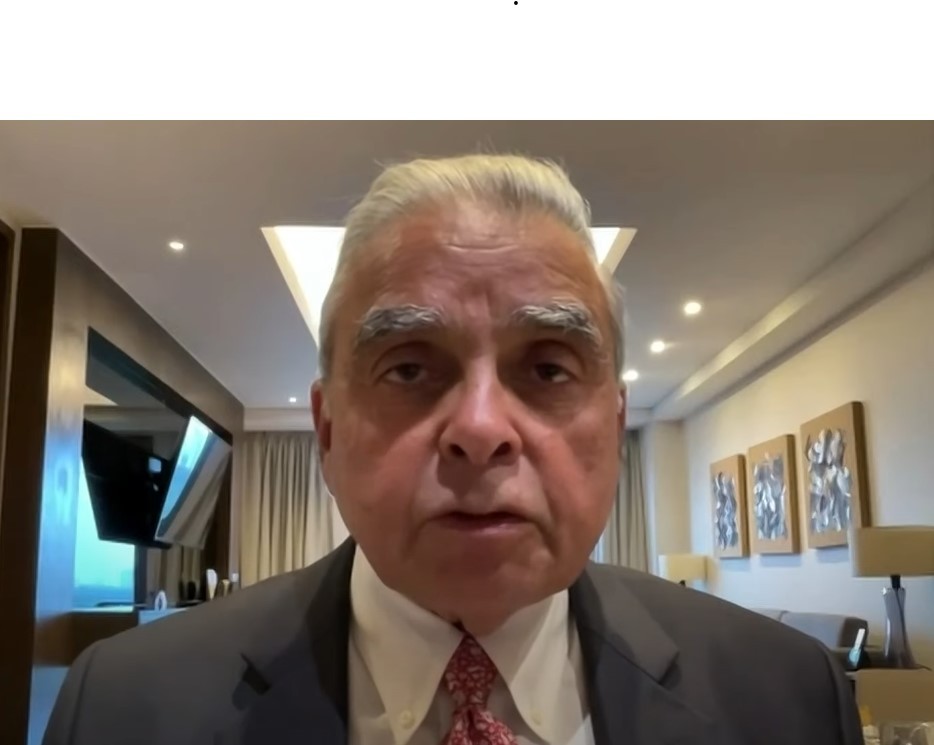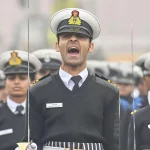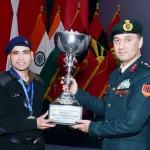Kishore Mahbubani Advocates for India’s Role in a Reformed UN Security Council at NDTV World Summit
At the NDTV World Summit held on Tuesday, Kishore Mahbubani, a prominent fellow at the Asia Research Institute of the National University of Singapore and a former President of the United Nations Security Council (UNSC), presented a compelling case for reforming the United Nations (UN). He declared that the UN’s current weaknesses are "not by accident, but by design," and recommended that India should replace the United Kingdom (UK) as a permanent member of the UNSC to bolster its efficacy.
In his remarks, Mahbubani highlighted India’s essential role in redefining the global landscape, which he characterized as embodying multi-civilisation, multi-polarity, and multi-lateralism. He criticized the historical framework of the UNSC, arguing that the veto power was originally intended for the great powers of the time, not for those that were in decline. “India is undoubtedly one of today’s great powers,” he asserted, pointing out its status as the world’s fifth-largest economy—projected to become the third-largest by the end of the decade—while the UK’s economic influence is waning.
Mahbubani advocated for a stronger "village council" within the UN to address pressing global challenges such as pandemics, climate change, and economic instability. He emphasized that the current structure, where P5 powers maintain control over key decisions, results in a "spineless" organization that requires urgent reform.
Furthermore, he voiced strong support for India’s inclusion in the UNSC, stating, “If India replaces the UK, the world would cheer, knowing that India provides a perspective that bridges both the East and the West.”
Addressing current affairs, Mahbubani remarked on the recent India-China patrolling agreement along the Line of Actual Control (LAC), describing it as a significant breakthrough amid longstanding distrust. This development, he noted, exemplifies the broader changes the world is undergoing, entering what he termed the "New Three M World."
He contrasted the BRICS Summit as a "sunrise club" against the G7, labeling the latter a "sunset organization." Mahbubani pointed out the shifting economic dynamics, noting that BRICS economies are overtaking G7 economies, which are losing their grip on global GDP.
Highlighting the rising influence of Asia, he projected that the ASEAN economy would surpass Japan’s by 2030 and called for India to strengthen ties with Southeast Asia, emphasizing the historical connections between the regions.
In closing, Mahbubani asserted the importance of India’s ‘Act East’ policy, arguing that India should shift its focus from the West, which he deemed "lost both economically and geopolitically", to the East, engaging more actively with ASEAN nations and integrating into global supply chains for manufacturing.
His statements resonate as a clarion call for international recognition of India’s emerging role in a rapidly evolving geopolitical landscape.













